[Joint CQSE & NCTS Seminar] Revolutionizing Material Design through Quantum Computing
Title: [Joint CQSE & NCTS Seminar] Revolutionizing Material Design through Quantum Computing
Speaker: Prof. Yuan-Chung Cheng (National Taiwan University)
Time: 2024/10/18 (Fri.) 14:20-16:20
Place: Rm. 104, Chin-Pao Yang Lecture Hall, Department of Physics/CCMS, NTU
Online: https://nationaltaiwanuniversity-zbh.my.webex.com/nationaltaiwanuniversity-zbh.my/j.php?MTID=m7601bdfa496ccaf8aac2838aab8c25f2
Abstract
Quantum computing is poised to transform the field of computational chemistry, offering new avenues for material design by simulating complex molecular systems with unprecedented accuracy. This lecture will introduce the fundamental principles of computational chemistry and highlight how quantum computing can overcome the limitations of classical methods. We will explore recent breakthroughs in quantum algorithms, such as variational quantum eigensolvers (VQE), and their applications in areas like catalysis, drug discovery, and sustainable materials. Current challenges and future directions will also be discussed, illustrating the growing impact of quantum technologies on material science. By the end, students will have a clear understanding of how quantum computing is reshaping the landscape of material design and its vast potential for future discoveries.Biography
Prof. Yuan-Chung Cheng received his Ph.D. from the Department of Chemistry in the Massachusetts Institute of Technology in 2006; he then worked as a Postdoctoral Research Associate from 2006 to 2009 in the University of California, Berkeley. In 2009, he returned to the Department of Chemistry in the National Taiwan University as an Assistant Professor, and he was promoted to the rank of Full Professor in 2020. Prof. Cheng’s research interests covers a broad range in Theoretical Physical Chemistry, with an emphasis on the quantum phenomena in biological systems. His recently published works are related to light harvesting in photosynthetic systems, multiscale modeling of molecular optical or electronic materials, theories for time-resolved multidimensional optical spectroscopy, and quantum algorithms for quantum computation of molecular systems. He had won several awards including FAOS Outstanding Young Scholar Scholarship (2010-2014), the Distinguished Lectureship Award of the CSJ Asian International Symposium (2011), and 2013 Promising Scientist Award of CMOA (Prix d'Incitation Scientifique du CMOA, 2013).


